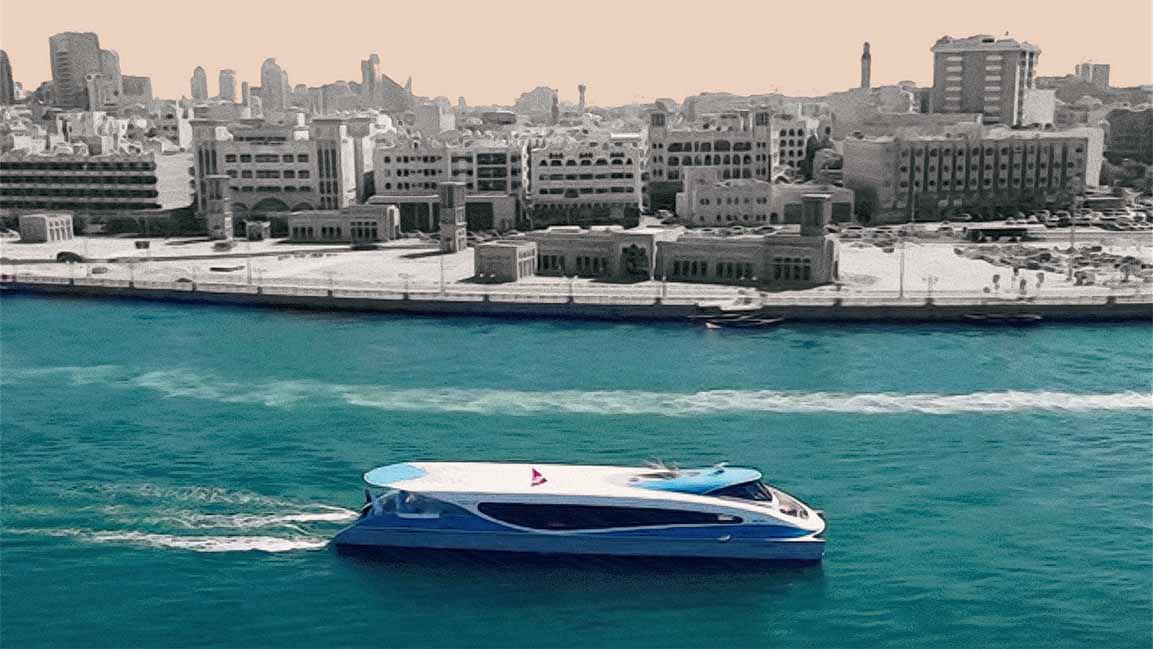- | 1:00 pm
Dubai unveils major marine transport upgrades to revolutionize mobility
The city is set to introduce the world's first self-driving and 3D printed electric abras.

Now accepting applications for Fast Company Middle East’s Most Innovative Companies. Click here to apply.
Marine transport in Dubai is set to undergo significant enhancements following the approval of the Dubai Marine Transport Master Plan 2030 by Sheikh Hamdan bin Mohammed bin Rashid Al Maktoum, Crown Prince of Dubai and Chairman of The Executive Council of Dubai.
The Dubai Marine Transport Master Plan 2030 will have several key elements, including a 188% expansion of the marine transport network, increasing its length from 55 km to 158 km. Additionally, there will be a 400% surge in passenger lines, growing from seven to 35, and the manufacturing of the world’s first electric abra built with 3D printing technology.
Furthermore, the plan targets a 51% increase in marine transport users, from 14.7m to 22.2m annually by 2030. Marine transport stations along the Dubai Creek, Dubai Water Canal, the Arabian Gulf coastline, and other waterfront projects will increase from 48 to 79 stations. The plan also involves expanding the marine transport fleet by 32%, up from 196 to 258 marine vessels.
The 3D-printed electric abra, capable of accommodating 20 passengers, has been designed to blend with the aesthetics and heritage of the traditional abras. This innovation aligns with Dubai’s 3D Printing Strategy, which aims to reduce manufacturing time by 90% and achieve a 30% cost savings.
Mattar Al Tayer, Director General and Chairman of the Board of Executive Directors of the Roads and Transport Authority (RTA), said, “The autonomous electric abra was crafted locally, thanks to the dedication of the RTA team.”
“In its design and production, emphasis was placed on retaining the abra’s heritage identity. The abra boasts a host of advanced features highlighted by zero carbon emissions, operating and maintenance cost savings of 30% and eliminating noise compared to diesel-powered abras,” he added.
The electric abra is equipped with two electric motors capable of reaching a speed of seven knots. It also features an autonomous control system powered by four lithium batteries, ensuring it can operate for up to seven hours.
“RTA adopted new technologies to design the structure of the autonomous electric abra and used fiberglass in the hull to reduce its weight.”
































